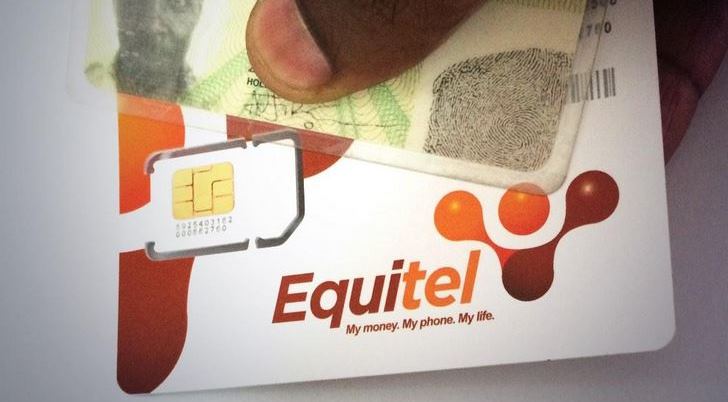Kenya is known globally as the Digital Finance Services (DFS) success story.
The country’s innovative use of mobile phone technology to drive financial inclusion has been widely acclaimed around the world.
Justifiably, in a recent survey, 2015 Brookings Financial and Digital Inclusion Project Report, by Brookings Institute, a US-based think tank, studying access to affordable financial services, Kenya achieved the overall top score for its financial inclusion efforts largely due to the growth of its digital finance services.
The Central Bank of Kenya (CBK) has been an integral part of the financial revolution, given the aspirations laid out in the development blueprint, Vision 2030.
The blueprint envisages a deeper and broader financial sector that contributes to improving the livelihoods of the majority of Kenyans, finances the growth of businesses, and funds the ambitious and transformative flagship projects underpinning our development goals.
The outcomes of an enabling legal and regulatory framework, investment by dynamic private sector players, and adaptive and receptive consumers have been transformative.
According to a 2015 report by GSMA, funded by Bill & Melinda Gates Foundation, access to formal financial services has increased to 67 per cent of Kenya’s bankable population in 2013 from 26 per cent in 2006.
The GSMA report further notes that mobile phone financial services have played a key role in this. What began as money transfer services has now become a platform with a menu of financial services that also includes payments of goods and services, savings, credit, insurance, pensions, and even capital market products.
However, the CBK notes that much more still remains to be done, as 25 per cent of bankable population still cannot access any form of financial services.
Importantly, the regulator also notes that in order to optimise on the already banked population, there is a need to enhance the usage and quality of financial services.
More effort needs to be focused on bringing down the costs of financial services and improving the consumer experience in accessing the same.
In order to address concerns around usage and quality of financial services, commercial institutions globally are quickly zeroing in on digital banking as a necessary part of every lender’s way to manage latter day client preferences and relationships.
This is based on the growing acknowledgement that a strong financial services industry can have a significant effect in supporting economic development.
Global precedents indicate that digital banks are enjoying an increased customer base, betting on the offer of a new customer experience with quicker processing, greater convenience, and anytime, anywhere availability.
New firms are also entering the field, including MovenBank from the US, Knab in the Netherlands, Alior Bank in Poland, and Fidor Bank from Germany, all of whom embrace social networks, mobile banking, and customer insight to better meet their clientele’s needs. (BUSINESS DAILY)



















































![Pula Co-Founders and Co-CEOs, Rose Goslinga & Thomas Njeru. Pula provides agricultural insurance and digital products to help smallholder farmers manage climate risks, improve farming practices and increase their incomes. [ Photo / Courtesy ]](https://businesstoday.co.ke/wp-content/uploads/2021/01/Pula-Co-Founders-and-Co-CEOs-Thomas-Njeru-Rose-Goslinga.jpg)



























































Leave a comment